According to experts, identifying sellers on e-commerce platforms is necessary to prevent the exploitation of online platforms to sell fake goods, counterfeit goods or tax evasion. However, the identification needs to be synchronized and avoid the disclosure of Vietnamese data information on cross-border platforms.
Prevent the rampant sale of counterfeit goods
In the draft Law E-commerce, the Ministry of Industry and Trade is issuing a number of regulations on the responsibilities of sellers on the platform. e-commerce (E-commerce) to collect taxes and trace product origin.
Accordingly, the draft proposes that sellers must carry out electronic identification and authentication (regarding merchant name, address, identification number, personal income tax code) before providing goods, services and information to the e-commerce platform. In addition, sellers must also publicly announce general transaction conditions, prices, transportation and delivery, payment methods (if any); transparent information about goods and services, regulations on personal information protection, and protection of consumer rights.
These are very new regulations in the management of goods on e-commerce platforms when transactions have exploded in recent times but the quality of goods seems to be floating. The authorities have handled many cases of fake and poor quality goods but it is like "throwing stones into a pond of duckweed".

Mr. Phan Minh Nhut - Chairman of the Association for Anti-Counterfeiting and Protection of Intellectual Property Rights of Foreign-Invested Enterprises in Vietnam (VACIP) - said that identifying sellers on e-commerce is necessary. Because currently, it is too easy for sellers to open online stores, which is a loophole for bad guys to take advantage of e-commerce platforms to sell fake goods, goods that do not guarantee quality, or tax evasion
"Regulatory agencies, especially tax authorities, cannot fully monitor transactions and seller activities. It is difficult for consumers to verify the reliability of online sellers. This directly affects consumer rights and reduces the reliability of e-commerce platforms," said Mr. Nhut.
According to Mr. Nhut, currently some countries have applied the identification of sellers through e-commerce quite successfully. If Vietnam implements it, it will have an advantage because the authorities have integrated the identification into the VNID application.
“If e-commerce accounts can be identified, in case sellers sell counterfeit or poor quality goods, e-commerce platforms and authorities will easily detect and handle violations, contributing to preventing the rampant sale of counterfeit or poor quality goods,” said Mr. Phan Minh Nhut.
Need to be connected, avoid data leakage
While it is necessary to identify online sellers, Mr. Nguyen Binh Minh - Head of Resource Development Department, Vietnam E-commerce Association - noted that the implementation needs to have a roadmap. For sellers with large sales, it is necessary to identify first, then it can be implemented step by step for individuals and organizations with less revenue to avoid the situation of massive transfer and mass identification.
According to Mr. Minh, the most concerning thing now is that many platforms, e-commerce platforms, and social networks in Vietnam are operated by foreign companies. This makes implementation more difficult, so the authorities need to have regulations requiring platforms to comply when operating in Vietnam.
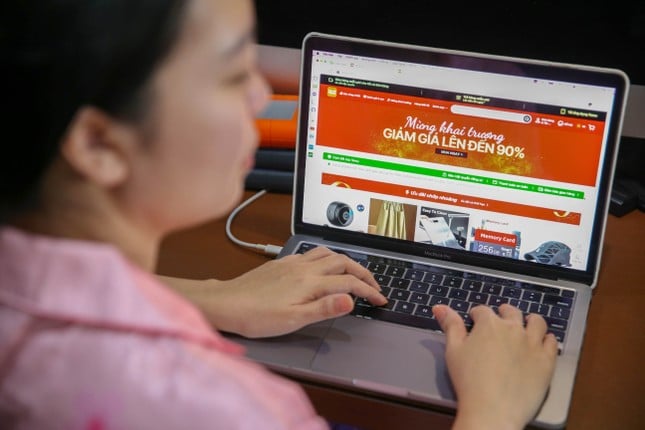
The expert raised the issue of the need for clear regulations on the responsibilities of e-commerce platforms in coordinating and securing information of identifiers; avoiding the situation of revealing information and data of sellers abroad or allowing third parties to take advantage of collecting and selling information for illegal purposes.
Mr. Nguyen Duc Le - Deputy Director of the Department of Professional Affairs, General Department of Market Management - said that through the cases handled, market management force It is found that counterfeit products sold on e-commerce are often cheap, but through sales on social networking platforms, their value will multiply many times. When discovered, the subjects will delete and change accounts continuously. This is the cause of tax loss on e-commerce.
According to Mr. Le, identification is not only done simply in terms of personal information but also in terms of geographical identification - actual production of goods, identification of the quantity of goods sold on the market...
Economist Vu Dinh Anh said that it is necessary to have coordination among relevant agencies in managing e-commerce in general and livestreaming sales in particular, and at the same time, it is necessary to manage intermediary units such as delivery, express delivery; and issuing invoices when trading goods.
In particular, when identifying, data sharing between management agencies such as the Ministry of Public Security , the Ministry of Industry and Trade, and the Ministry of Finance needs to be synchronized. Because if not connected, it will be very difficult for the agencies to coordinate and cause confusion and waste time for sellers.
Source


![[Photo] Flooding on the right side of the gate, entrance to Hue Citadel](https://vphoto.vietnam.vn/thumb/1200x675/vietnam/resource/IMAGE/2025/10/28/1761660788143_ndo_br_gen-h-z7165069467254-74c71c36d0cb396744b678cec80552f0-2-jpg.webp)
![[Photo] Hue: Inside the kitchen that donates thousands of meals a day to people in flooded areas](https://vphoto.vietnam.vn/thumb/1200x675/vietnam/resource/IMAGE/2025/10/29/1761738508516_bepcomhue-jpg.webp)


![[Photo] Prime Minister Pham Minh Chinh chaired a meeting to discuss solutions to overcome the consequences of floods in the central provinces.](https://vphoto.vietnam.vn/thumb/1200x675/vietnam/resource/IMAGE/2025/10/29/1761716305524_dsc-7735-jpg.webp)







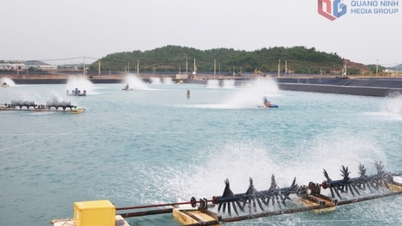





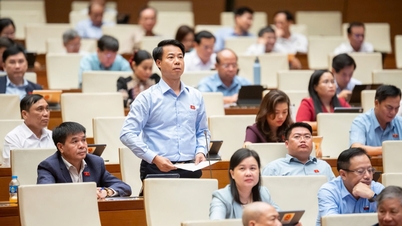
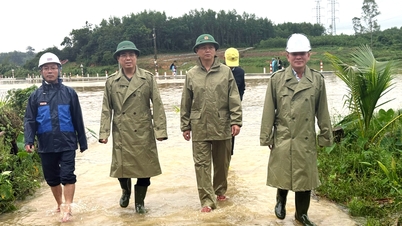


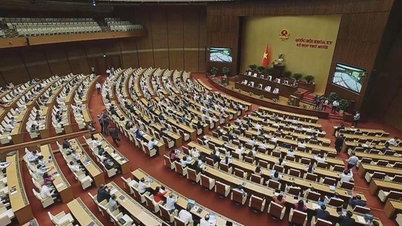




































![[Infographic] Vietnam's socio-economic situation in 5 years 2021-2025: Impressive numbers](https://vphoto.vietnam.vn/thumb/402x226/vietnam/resource/IMAGE/2025/10/29/1761730747150_anh-man-hinh-2025-10-29-luc-16-38-55.png)


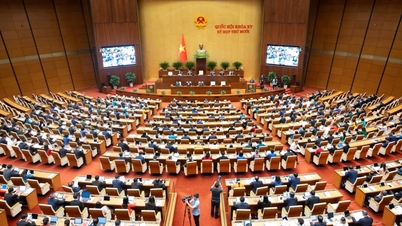



![[Live] Concert Ha Long 2025: "Heritage Spirit - Brightening the Future"](https://vphoto.vietnam.vn/thumb/402x226/vietnam/resource/IMAGE/2025/10/29/1761743605124_g-anh-sang-am-thanh-hoanh-trang-cua-chuong-trinh-mang-den-trai-nghiem-dang-nho-cho-du-khach-22450328-17617424836781829598445-93-0-733-1024-crop-1761742492749383512980.jpeg)





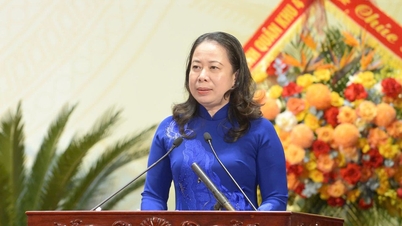









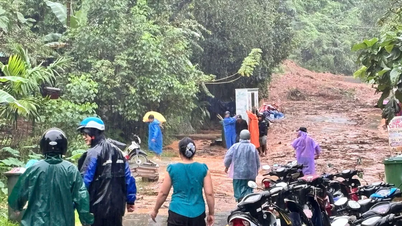


















Comment (0)